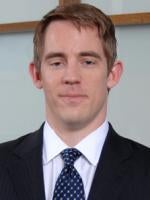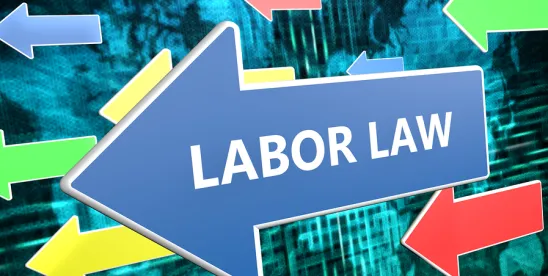The National Labor Relations Board’s top enforcement official has issued important guidance, which should make it easier for parties to settle unfair labor practice charges, and which narrows the situations where the Board will seek unique expanded remedies.
Background
From 2021 to 2024, the Board significantly changed the remedies it sought in ULP cases, and it also changed the conditions it required parties to accept in order to settle those cases. At default, the National Labor Relations Act permits the Board to seek and award “make whole” relief. This means the Board cannot, for example, award punitive damages or emotional distress damages. Historically, in cases where an employer has committed a ULP by discharging an employee, the Board typically has awarded the employee backpay and required the employer to reinstate them.
Over the past four years, however, the Board expanded the relief it seeks and awards in these cases. In late 2022, the Board held that it could compensate employees for all financial harm that “directly” or “foreseeably” stemmed from an employer’s ULP. (We covered this Thryv Inc. decision here.) For example, in a case where an employee is unlawfully discharged, this standard could entitle the employee to reimbursement for increased insurance premiums, having to purchase a new vehicle to replace an employer-provided vehicle, bank overdraft fees or relocation costs. The Board held that this relief should be standard in ULP cases.
Accordingly, former General Counsel Jennifer Abruzzo instructed Board officials to actually pursue this type of relief when they prosecute ULP complaints. She also directed Board officials to require effectively any settlement agreement to reimburse an employee for such relief, and also required agreements to satisfy other new requirements in order to effectively settle ULP charges or complaints.
New Guidance for ULP Cases and Settlements
The Board’s new Acting General Counsel, William Cowen, now has revisited these issues in a way that better tracks the Board’s historical practices, and which will make it easier for parties to settle disputes. As covered here, on February 17, the Acting G.C. rescinded several of former G.C. Abruzzo’s memoranda, including the memoranda referenced above. Then, on May 16, the Acting G.C. issued new guidance to Board officials regarding these issues.
With respect to remedies, Acting G.C. Cowen directed Board officials not to automatically seek these expanded remedies in ULP cases, nor to automatically require settlement agreements to offer these remedies. Rather, he directed Board officials not to seek this expanded relief unless there has been “widespread, egregious, or severe misconduct.” He instructed Board officials to seek internal guidance before seeking novel remedies. He criticized the Thryv standard as providing inadequate guidance and directed that, in the typical case, the Board should seek damages that compensate a victim for financial harm that was “foreseeable” and has a “sufficiently clear” causal link to the ULP.
Further, regarding settlement agreements, he expanded Board officials’ discretion in several other ways that should help parties resolve far more disputes. He recognized that, between 2021 and 2024, the percent of ULP cases which did not settle more than tripled. Accordingly, he directed Board officials not to automatically seek several types of terms in settlement agreements which can often impede a resolution. For example, he authorized Board Regions to once again include non-admissions clauses in settlement agreements in appropriate cases, and that they may approve settlements who do not award a party the entire amount of relief they could have recovered. He also recognized that the Board can approve settlement agreements which the parties unilaterally negotiated, even if they did not involve the Board in those negotiations.
* * * * *
Currently, the Board is facing an increased caseload, reduced resources, and substantial uncertainty as the Board presently lacks a quorum in light of Member Gwynne Wilcox’s removal. These directives by Acting G.C. Cowen might not make major headlines, but they should help the Board manage its caseload and give parties more room to resolve disputes and avoid unnecessary litigation.




 />i
/>i

